
Ingredient
Hemp seeds
The Superfood Powerhouse
Hemp seeds are small, nutty-flavored seeds that are packed with essential nutrients, including protein, healthy fats, and fiber. They have a pleasant crunch and a mild, earthy taste, making them a versatile ingredient in both sweet and savory dishes.
Origins and history
Hemp seeds have a long history dating back thousands of years, with evidence of their cultivation in ancient China and Mesopotamia. They have been used for their nutritional and medicinal properties, as well as for their fibers. Today, hemp seeds are widely cultivated and consumed around the world.
Nutritional information
Hemp seeds are a nutritional powerhouse, rich in protein, healthy fats, and fiber. They also contain essential vitamins and minerals, such as vitamin E, magnesium, and zinc. Additionally, they are a great source of plant-based omega-3 fatty acids.
Allergens
Hemp seeds are generally well-tolerated, but individuals with hemp allergies should avoid them. Cross-reactivity with other seeds, such as sunflower or sesame seeds, may also occur.
How to select
When selecting hemp seeds, look for ones that are hulled, as the outer shell can be tough and difficult to digest. Opt for organic and non-GMO varieties whenever possible to ensure the highest quality. Additionally, check for any signs of rancidity, such as a strong, unpleasant odor.
Storage recommendations
To maintain the freshness and quality of hemp seeds, store them in an airtight container in a cool, dark place, such as a pantry or refrigerator. This will help prevent them from becoming rancid and extend their shelf life.
How to produce
Hemp seeds can be grown in a variety of climates, but they thrive in temperate regions with well-drained soil. They can be cultivated both indoors and outdoors, making them accessible to amateur gardeners.
Preparation tips
Hemp seeds can be enjoyed in a variety of ways. They can be sprinkled on top of salads, yogurt, or oatmeal for added texture and nutrition. They can also be blended into smoothies, used as a topping for baked goods, or incorporated into homemade energy bars. Additionally, hemp seeds can be ground into a fine powder and used as a gluten-free flour alternative.
Substitutions
Chia seeds, flaxseeds, or sunflower seeds can be used as substitutes for hemp seeds. However, keep in mind that the flavor and texture may vary slightly.
Culinary uses
Hemp seeds are commonly used in smoothies, granola bars, energy balls, and salad dressings. They can also be used as a topping for soups, stews, and roasted vegetables. In addition, hemp seed oil is often used in cooking and as a dressing for salads.
Availability
Hemp seeds are widely available in health food stores, specialty grocery stores, and online retailers. They are cultivated in various countries, including Canada, China, and the United States.
More ingredients from this category
Recipes using Hemp seeds » Browse all
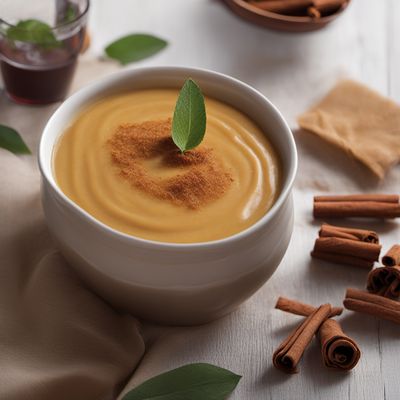
Cretan Semolina Pudding
Mediterranean Delight: Cretan Semolina Pudding
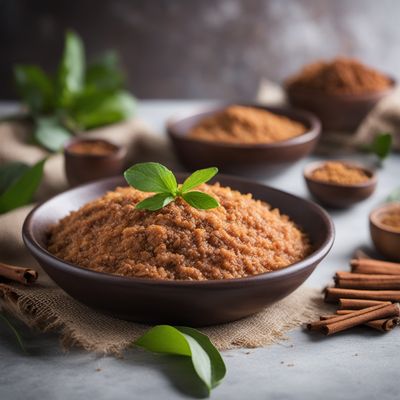
Montserratian Coconut Brustengolo
Coconut Delight: Montserratian Twist on Brustengolo

Canadian Maple Pecan Rocciata
Maple-infused Italian Pastry with a Canadian Twist

Sylheti Spiced Rabanada
Sylheti Delight: Spiced Rabanada with a Twist
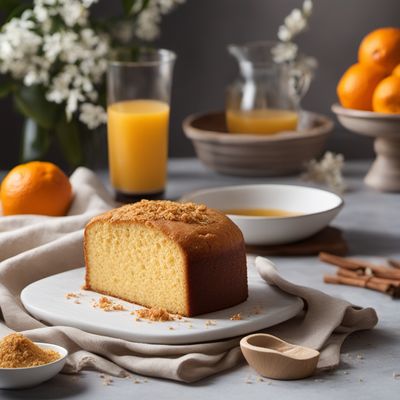
Levantine Orange Blossom Cake
Zesty Delight: Levantine Orange Blossom Cake
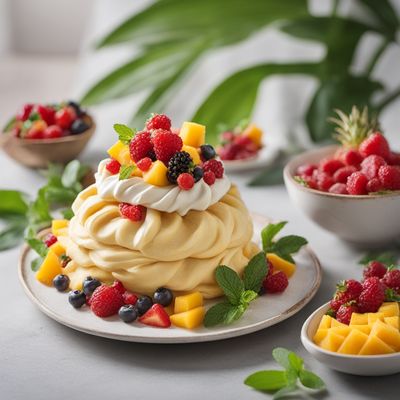
Javanese-Inspired Tropical Pavlova
Tropical Delight: Javanese-Inspired Pavlova with a Twist

Bangladeshi-inspired Doberge Cake
Spiced Layers of Delight: A Fusion of American Doberge Cake and Bangladeshi Flavors

Toronto-style Fried Donuts
Maple-Glazed Delights: Toronto's Twist on Fried Donuts
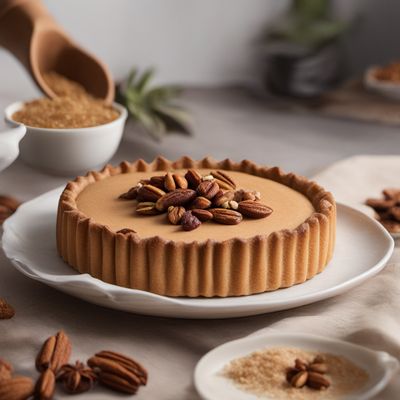
South American Nut Tart
Exquisite Nutty Delight: South American Nut Tart

Torta de Marcelo - Spanish Almond Cake
Marcelo's Delight: A Decadent Spanish Almond Cake
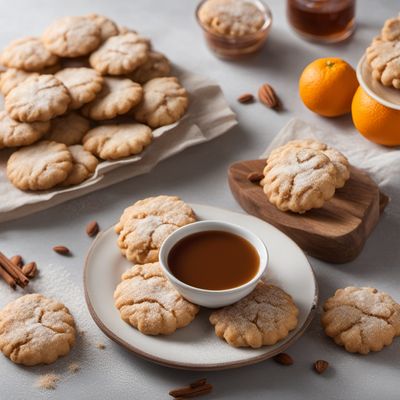
Mustacciuoli - Italian Almond Cookies
Delizioso Almond Delights: Mustacciuoli Cookies

Grenadian Spiced Venison Stew
Caribbean Delight: Grenadian Spiced Venison Stew